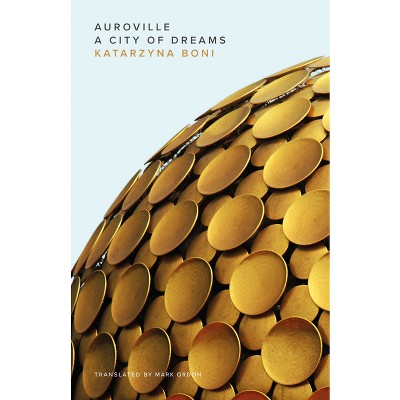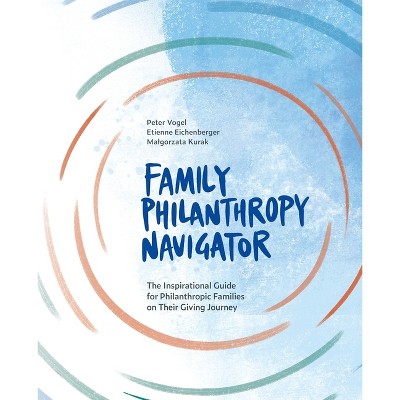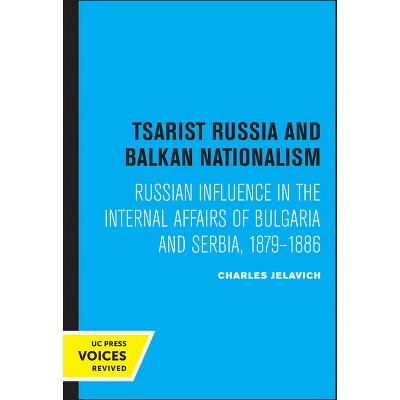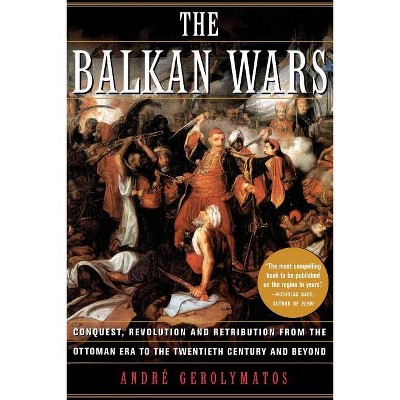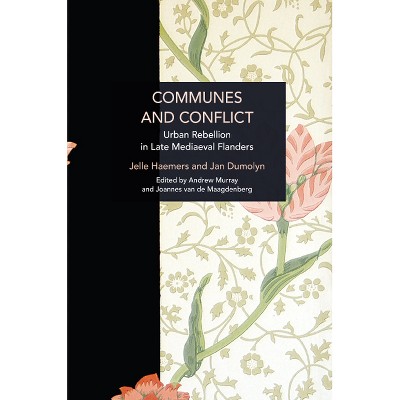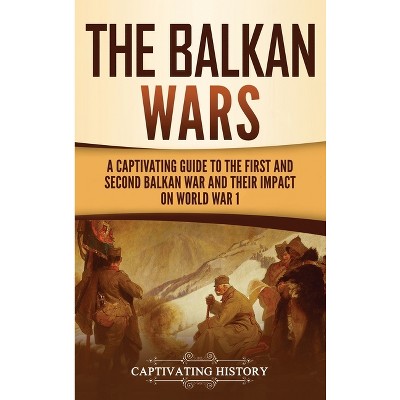Sponsored

Balkan Federation and Communes - (Kairos) by Yavor Tarinski (Paperback)
Pre-order
Sponsored
About this item
Highlights
- How much does an unrealized past that was once a possible future agitate us?
- Author(s): Yavor Tarinski
- 128 Pages
- History, Europe
- Series Name: Kairos
Description
Book Synopsis
How much does an unrealized past that was once a possible future agitate us?
Today the Balkans seem to be dominated by nationalism, violence, and xenophobia--ills that were cultivated after the dissolution of the Ottoman Empire and the intervention of the Great Powers in the region. The peoples of the Balkans have since been squeezed into numerous small state entities, each promoting its own national idea.
But this was not the only possible development. There were dynamic revolutionary movements fighting for united and federated Balkans, where the peoples would actively participate in the management of public affairs. The Balkan federation and the commune form emerged as pieces of the vision of this possible future, captivating the minds and hearts of many revolutionaries, anarchists, and socialists of the time. This tradition has deep roots in the lands of the area known today as Bulgaria.
Review Quotes
"As Tarinski suggests, this reading of history is crucial and should be used by horizontal social movements as the root from which contemporary political projects of internationalism, federalism, universal equality, and justice can flourish throughout the Balkan Peninsula. So, let us plant new revolutionary seeds for the new Balkan Federation and not forget that we belong to lands we have never known, against the bourgeois state, capitalism, nationalism, and war."
--Giorgos Chatzinakos, lecturer at Manchester Metropolitan University
"Yavor Tarinski's book is particularly important because it brings to the stage the social movements and struggles that took place in our common place, the Balkans, and in the period preceding our own extended socio-historical present. It illuminates the ideas, visions, and actions that opened a horizon of social liberation against the intolerant paradigm of nation-state domination."
--Alexandros Schismenos, post-doctoral researcher (Aristotle University of Thessaloniki)
Shipping details
Return details
Trending Non-Fiction



